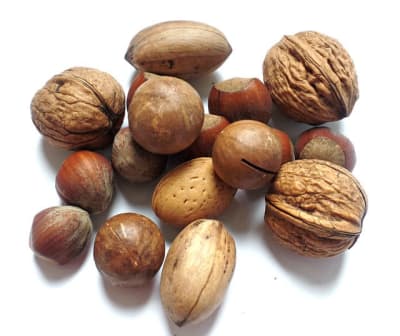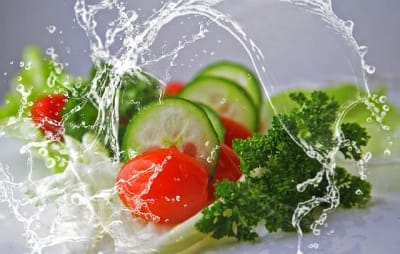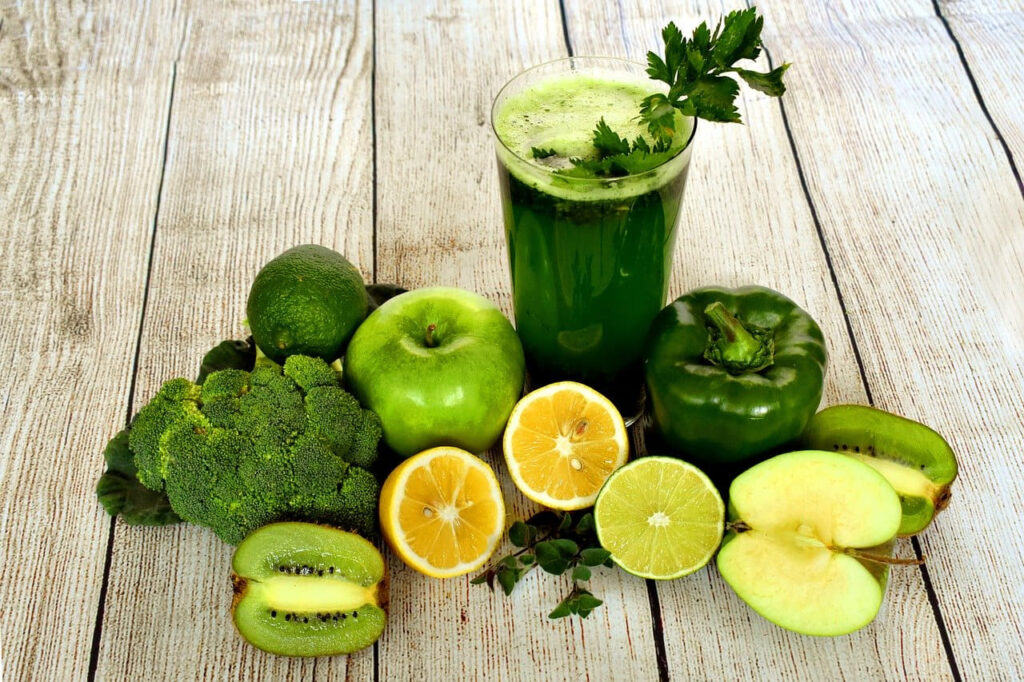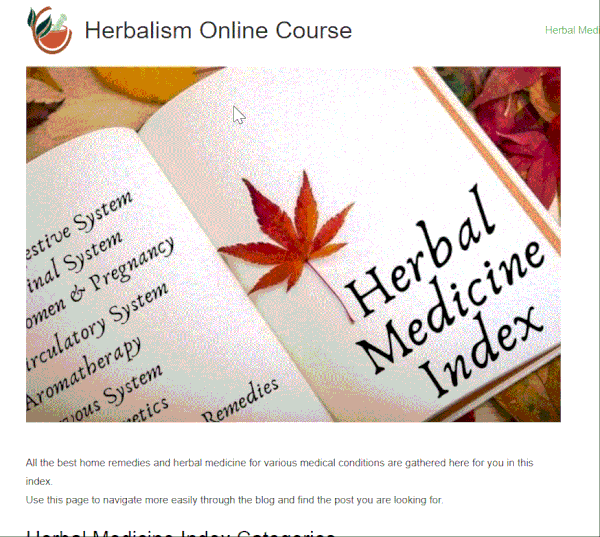Kidney stones are stone-like lumps that can form in one or both kidneys.
The phenomenon is common, as 3 out of 20 men and one woman in 20 women suffer from it.
In this post, I’ll elaborate on the foods you should include or exclude from your diet to prevent and treat kidney stones.
How Do Kidneys Work?
The kidneys are two organs in the form of beans.
Each kidney is about 10 cm long.
They are located in the back of the abdomen, on either side of the spine.
The function of the kidneys is to remove waste from the blood.
This waste is transferred to the ureter, which is basically a tube that connects each kidney to the bladder, along with excess fluid.
The fluids containing the waste are removed from the body in the urine.
At the end of the process, the purified blood returns from the kidneys to the body.
What is a Kidney Stone?
Kidney stones come in a variety of shapes, sizes, and colors.
Some are similar to grains of sand, but others can grow to the size of a walnut.
There are 4 main types of kidney stones:
Calcium-oxalate, Struvite, Uric acid, and Cystine stones.
Although most of the waste is dissolved in the urine, some of them can form crystals that accumulate inside the kidney.
The crystals slowly attach to each other to form a stone-like lump, known as the kidney stone.
Kidney Stone Diet: Recommended Foods

Lemon Juice
Lemon juice raises the levels of citrate in the urine and helps to prevent the formation of stones.
Watermelon
Watermelon contains vitamin C and iron and is known to be good for removing stones that accumulate in the body.
It is excellent as a supportive treatment for kidney and urinary tract problems.
Watermelon also helps to excrete toxins from the body.
Foods That Contain Magnesium
Magnesium helps increase calcium solubility and prevents it from settling.
Good sources for magnesium are nuts and seeds such as:
Pecans, sunflower seeds, almonds, chestnuts, cashews, sesame seeds, and Brazilian nuts.
More good sources for magnesium are:
Green vegetables, sweet potatoes, bananas, legumes (especially white beans and lentils), soy products, bran, millet wheat germ, and brown rice.
Asparagus
Asparagus has a large amount of vitamin C.
It can be eaten raw or cooked (preferably raw).
The water in which the plant is cooked is also very nutritious.
Asparagus is beneficial for those suffering from both kidney and urinary tract problems.
Radish Leaves
Make juice from green radish leaves, Drink the juice once a day.
Foods that Contain Potassium

Potassium raises citrate levels and prevents stone formation.
Vegetables like tomatoes (especially tomato juice), cucumbers, lettuce, green leaves, celery, fennel, and kohlrabi will be a good source of potassium.
Pumpkin Seeds and Vitamin A
Vitamin A, according to research findings, helps heal the urinary tract.
So be sure to eat plenty of orange-yellow vegetables and leafy vegetables.
Eat 1/4 cup pumpkin seeds daily, pumpkin seeds reduce the risk of kidney stones.
Leafy Vegetables
Vegetables like parsley, celery, coriander help urine and can also help with stone removal.
Foods You Should Exclude from Your Diet to Prevent Kidney Stones
Reduce the Amount of Salt in Your Food
Salt can increase the risk of developing kidney stones since it causes the kidneys to secrete more calcium, which then mixes with the oxalate in the urine and stones begin to form.
Therefore, you should reduce the amount of salt in your diet to prevent kidney stones.
Avoid eating fast food or canned food, due to the high amount of salt in it.
Avoid spicy foods such as garlic, hot peppers, onions, curries, and peppers.
Calcium-oxalate and Uric Acid Stones

If you suffer from stones made of oxalic acid, limit your intake of foods that contain oxalic acids, such as spinach, rhubarb (plant), cheese, peanut butter, nuts, beer, tea, and chocolate.
You should also avoid calcium and phosphorus-rich foods such as dairy products, beans, and sardines.
If you have developed uric acid stones, limit your consumption of foods rich in purine, such as animal foods, beef, pork, lamb, onions, garlic, spinach, coffee, cola, strong tea, and alcohol.
One Last Thing
The following post does not replace consulting a doctor when needed.
Read this post about natural ways and home remedies to treat kidney and bladder stones.



